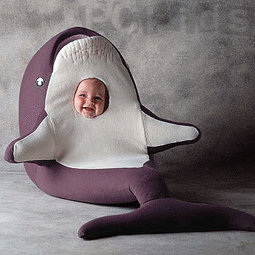|
|
双语健康:研究称学会走路早长大身体好(图) 学会走路早,长大身体好
根据《公共科学图书馆•综合》(PLoS ONE)上一项对9,000名1966年生于芬兰的人的研究,在很小的时候就能在无人帮助的情况下站立行走的孩子进入青春期后,会比那些较慢达到相关“动作发展指标”的孩子更健壮。身体最早熟的婴儿──在六至八个月即可在无人帮助的情况下站立行走的婴儿与六个月后才能在无人帮助的情况下站立或行走的同龄人相比,在14岁时的体育课成绩高出1/3,每周参加更多的体育运动,并且参与的体育运动类型也更多。研究人员称,提早掌握动作技能与日后生活中较高的体育活动参与程度之间的联系可以反映出遗传差异和早期生物学因素(如饮食)的影响。 注意:研究人员称,这项研究是靠父母的叙述来确定婴儿何时达到这些动作发展指标的。如果足够多的父母有意或无意地回避说出发育滞后的情况,那么结果就会产生偏差。 Athletic Infants: Children who were able to stand and walk unaided at the earliest ages were more athletic as adolescents than children who had been slower to reach those 'motor milestones,' according to a study of 9,000 people born in Finland in 1966 that appeared in PLoS ONE. The most physically precocious infants -- those who stood and walked unaided between about ages six months and eight months -- as 14-year-olds scored one-third of a grade higher in physical education, attended more sports sessions per week and played more types of sports than peers who hadn't stood or walked unaided until six months later. The associations between early motor skills and higher sports participation later in life could reflect genetic differences, as well as the influence of early biological factors, such as diet, the researchers said。 Caveat:The study relied on parental reporting to determine when the infants reached these motor milestones. If enough parents deliberately or unintentionally avoided reporting delayed development, the findings could be skewed, the researchers said。 网友评论
${图铃下载}
企业服务 |
||||||||||||||||








